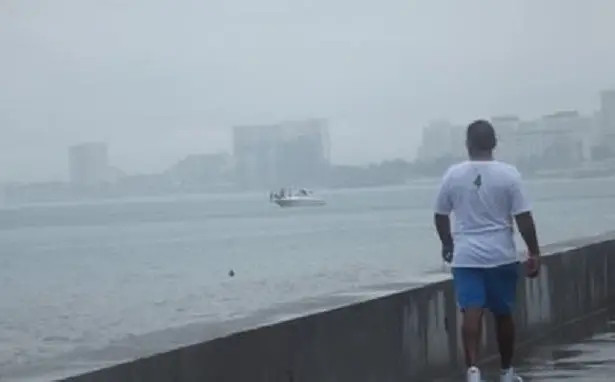Puerto Vallarta, along with four other destinations in Mexico, faces a latent risk due to a possible decrease in the flow of American travelers by air. According to the National Tourism Business Council (CNET), this phenomenon could be exacerbated due to the protectionism implemented by the administration of President Donald Trump. The analysis by Rubén Olmos, general director of Global Nexus, which is disseminated by national media, indicates that the impact will not be limited to commercial issues, but will also seriously affect the country’s tourism industry.
According to Olmos, the industry could experience severe consequences due to the implementation of restrictive measures that would hinder the movement of tourists to Mexico and, therefore, the entry of foreign currency into the country. This scenario poses a considerable challenge, since travel alerts issued by the United States Department of State could increase both in frequency and severity, affecting the perception of security in Mexican tourist destinations.
The more restrictive approach of the State Department of the neighboring country to the north would imply the issuance of more direct and alarming warnings. “We are certainly going to see a stricter State Department; travel alerts are going to come more frequently and much tougher,” he said, stressing the need for a proactive response from Mexico to counter these narratives.
In addition, negative media coverage of Mexico could intensify, with reports of violence and crime generating fears among potential tourists. This trend could be strategically used by the US government to encourage domestic tourism, encouraging US citizens to vacation within their own territory rather than risk traveling abroad.
The CEO of the leading consulting firm in the global trade industry, including the tourism sector, warns that efforts to minimize the adverse effects of this media tactic must be intensified. “We are going to have to work very proactively with the media,” he emphasized, suggesting that an effective communication strategy is essential to protect the image of Mexican tourist destinations.
The five most vulnerable destinations identified by CNET are Los Cabos, Puerto Vallarta, Guadalajara, Mexico City and Cancun. These places depend heavily on international tourism, particularly from the United States, which makes them easy targets for changes in immigration and trade policies.
Given this complicated scenario that is expected over the next four years, Olmos highlights the importance of establishing strategic political and business alliances, not only with Republicans, but with all sectors involved in promoting tourism. With a proactive and strategic approach, Mexico will be able to strengthen its image and ensure the continuity of tourism, vital to its economy.

Source: contralinea.net




